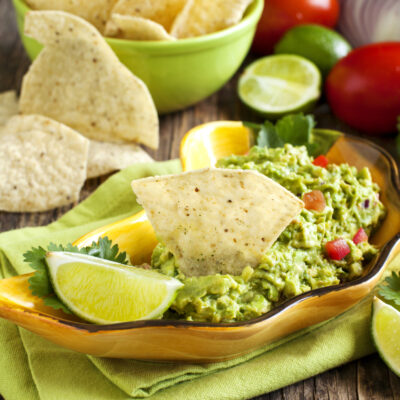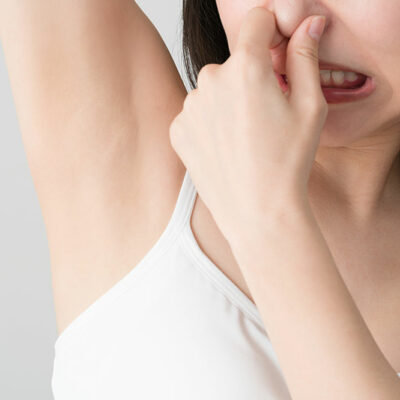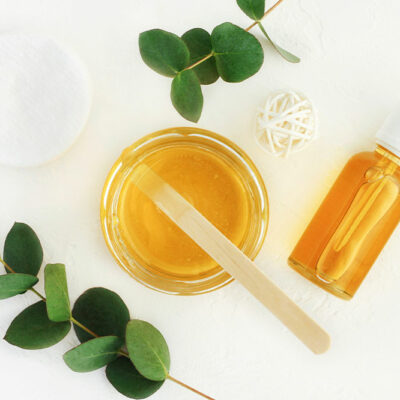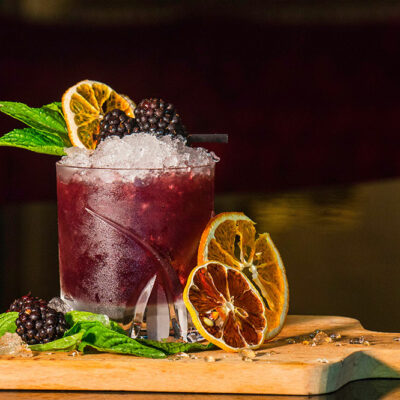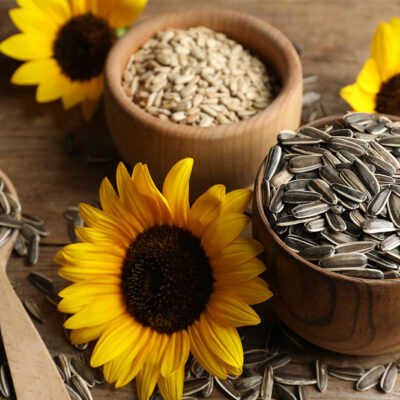
Food
8 Super Foods that Help Fight Dandruff
Nobody likes a flaky, dry scalp that’s irresistibly itchy. Plus, it is super embarrassing to be in public with the supposed “off-season snowflakes” doing all the talking on your shirt. There are shampoos and oils out there to combat dandruff. However, there are superfoods that help treat dandruff as well. Here is a list of eight superfoods that help treat dandruff. 1. Chickpea This legume is packed with potent vitamins and nutrients that are essential for overall well-being. They’re especially beneficial for warding off dandruff. Vitamin B6 (pyridoxine) and zinc are two essential components that help fight dandruff. There are many ways to consume chickpeas like salads, hummus, and in the form of dips and savory crepes. 2. Ginger Best known for its anti-inflammatory and antibacterial properties, ginger is known to fight digestive problems. Improper digestion is one of the main causes of a flaky scalp. Ginger can be consumed in many forms, and ginger juice diluted with oil can also be applied directly to the scalp. 3. Apple An apple a day keeps the doctor (and flaky scalp) away. This fruit is a potent source of Pyrus Malus , a fiber content that helps fight dandruff. It helps in keeping the scalp clean and moisturized.
Read More 
